People mostly did not know enough when they were living life that they were living it.”
page 162
I was unprepared for this novel. The grief and loneliness that humans hold within their stories and within their bodies are splayed open through Strout’s words. Usually, vulnerable and horrific moments ask witnesses to turn their heads, but Olive Kitteridge says look, don’t look away yet. And then the chapter changes, introducing a completely new character to invade. The act of holding the book open with my hands, exposing its stories and spine, felt invasive. People should not know these things about other people.
I think I was unprepared and horrified to find myself in the characters’ inner thoughts. Strout puts the truest human truths into words and makes the reader find those truths in themselves; it is very uncomfortable. The author tricks the reader with riveting stories and then preys on our curiosity and loneliness. The content: suicides, eating disorders, accidents, funerals, jobs, affairs, murders, and everyday life of the characters are emotionally exhausting; however, the perspectives and inner stories, the invisible realities of the characters, punch and harass the ego as I have never experienced before.
This novel is filled with desolate and desperate language, unreachable (171), separate (172), unknowable (47), loneliness (68), that pesters and pokes that terrible wound inside of me, that wound that tells me I don’t belong, I can never be known. No one likes facing those truths. But then, these same characters, still want to live. They create average moments of beauty, understanding, and heroism.
Thank you, Elizabeth Strout for showing us a version of humanity. We are all isolated beings, but still, some of us want to live. We risk and search for people and things to fill the void inside us, we hurt people and tell ourselves stories, but still, there is something like hope when we choose to keep living. The very last sentences of the novel cling to this idea, “It baffled her, the world. She did not want to leave it yet” (270). Me either, Olive. I want to live.


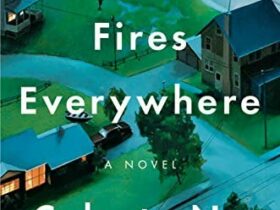
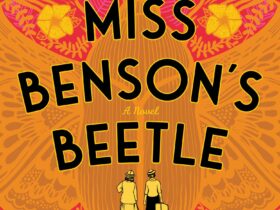

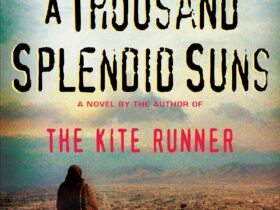
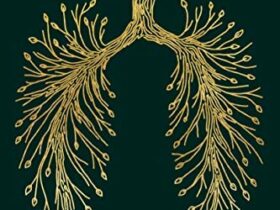

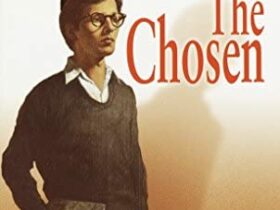
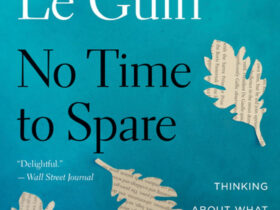
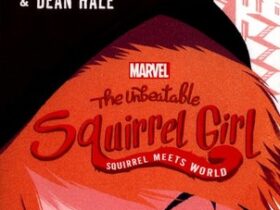
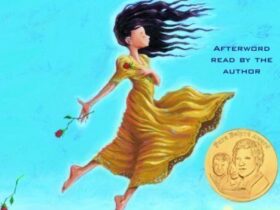
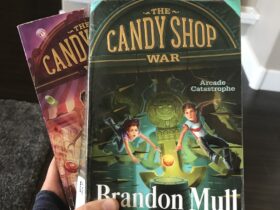
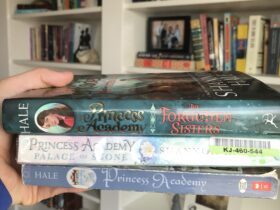
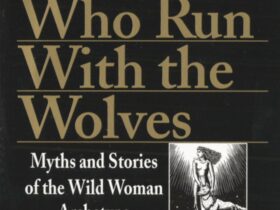



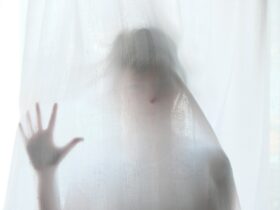

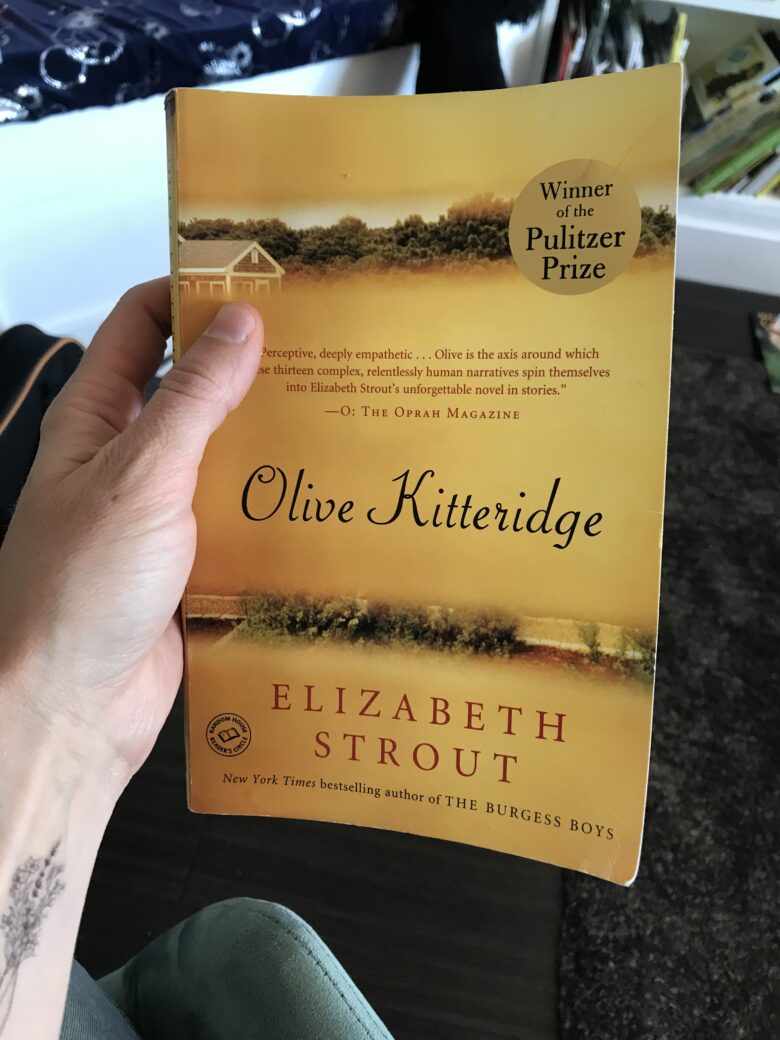
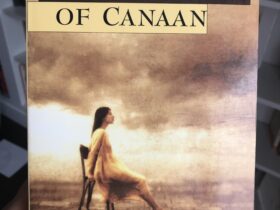


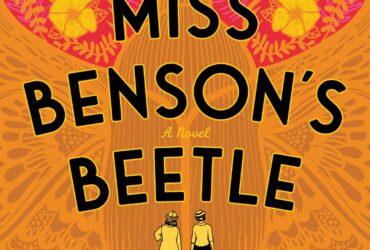


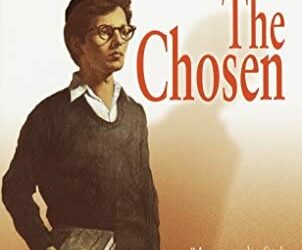

Leave a Reply